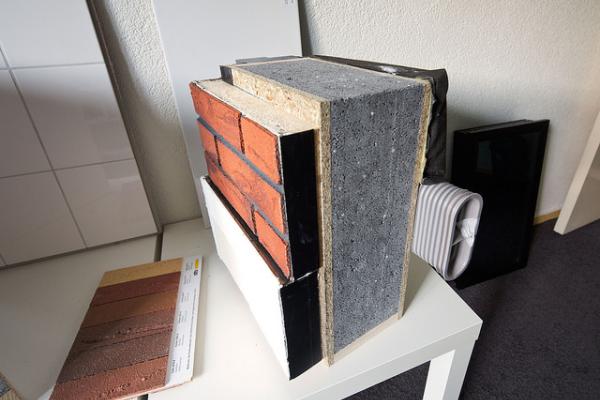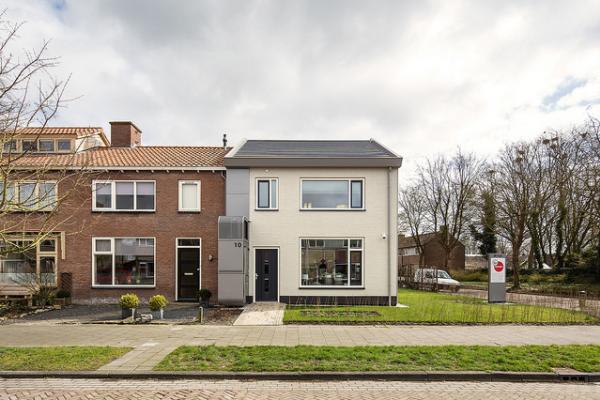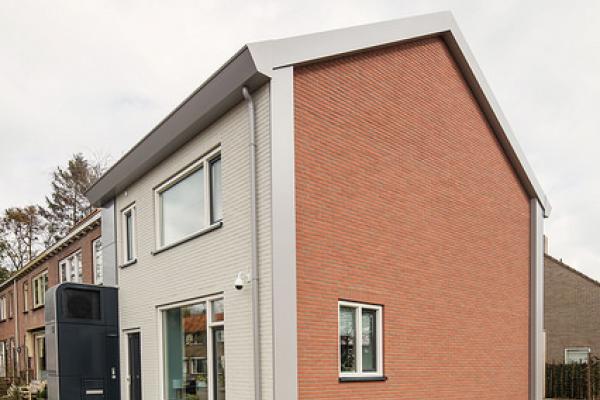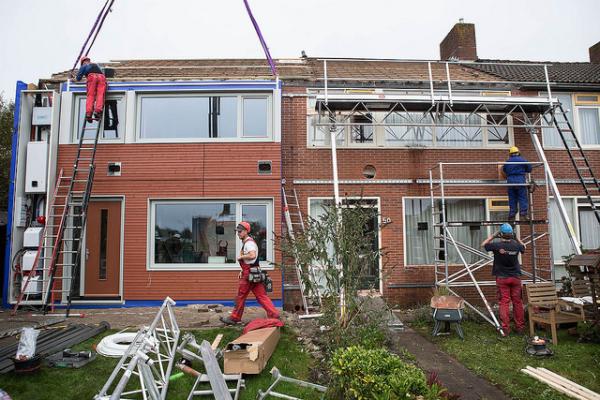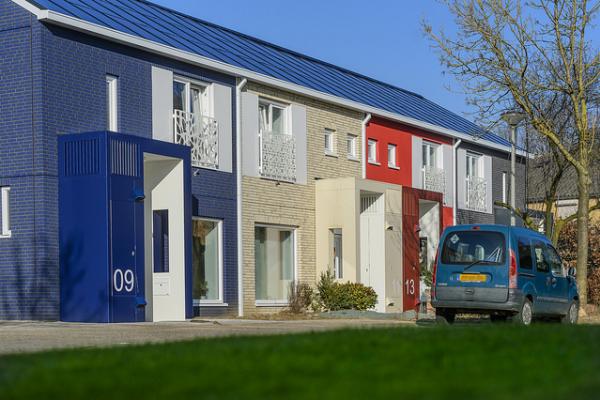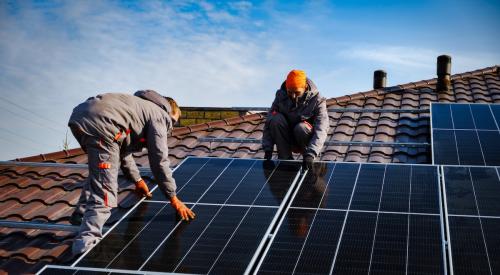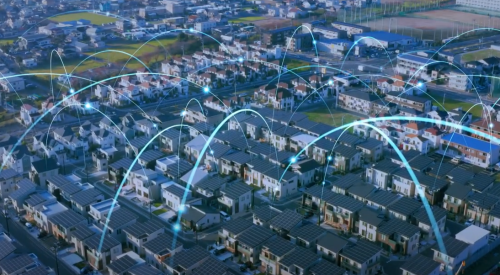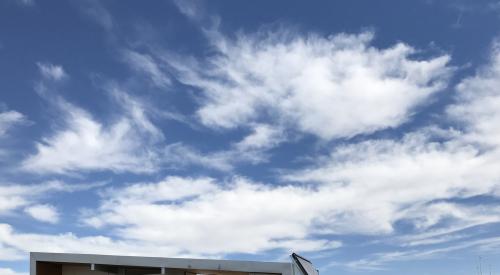The Rocky Mountain Institute (RMI) is leveraging a grant from the U.S. Department of Energy’s (DOE) Building America program to launch “Realize,” a project designed to bring speedy and scalable net-zero retrofits to American multi-family homes.
The Rocky Mountain Institute is a nonprofit think- and do-tank focused on transitioning the American economy away from fossil fuels using market-based solutions. Noting that residential buildings account for 20% of U.S. primary energy consumption, Realize is RMI’s effort to bring an energy-efficient housing solution to the U.S. economy.
Realize is based closely on EnergieSprong, a company that created a panelized retro-fit system in the Netherlands. A system of ultra-tight envelope panels are attached to a building’s existing facade, then a new, panelized roof with built-in solar is added on top. The retrofit can be applied in less than 10 days with minimal tenant disruption.
EnergieSprong has conducted about 2,000 net-zero retrofits in the last three years, but they have also negotiated contracts between housing associations and retrofit suppliers for nearly 110,000 housing units. The solution is also financeable through the energy savings it produces.
“We think what's really compelling about what their doing is their business model and their approach to organizing the market,” says Martha Campbell, a manager at RMI. “You're getting a net-zero energy retrofit, it's financeable through the energy savings, it includes some form of a performance warranty or an energy plan, and it's attractive.”
With support from EnergieSprong, the Passive House Institute U.S., the Net Zero Energy Coalition, and other partners, RMI will use Realize to bring this system to the U.S. The organization plans to use its DOE grant to help design and study a demonstration project, showing one iteration of how this technology could work in the U.S. Then, Campbell says, they hope their project will encourage innovative builders, remodelers, and manufacturers to pursue similar technologies.
“The demonstration will say, ‘Here is one solution, here is what we learned from this process, and here are a few ... guidelines for how we went about the design process,’” Campbell explains. “Now let's put it out to the market and see how many different permutations of a solution you can get. That will allow for that kind of flexibility that we all enjoy as consumers.”
The project will kick off in January 2018, and Campbell hopes that the construction will be completed by mid-2020. The RMI team will select a pilot site and then support the contracted developer with design, planning, analysis, and financing. They will then share their insights and guidance with the greater building and energy communities.
For more information or to get involved, visit RMI’s website.

